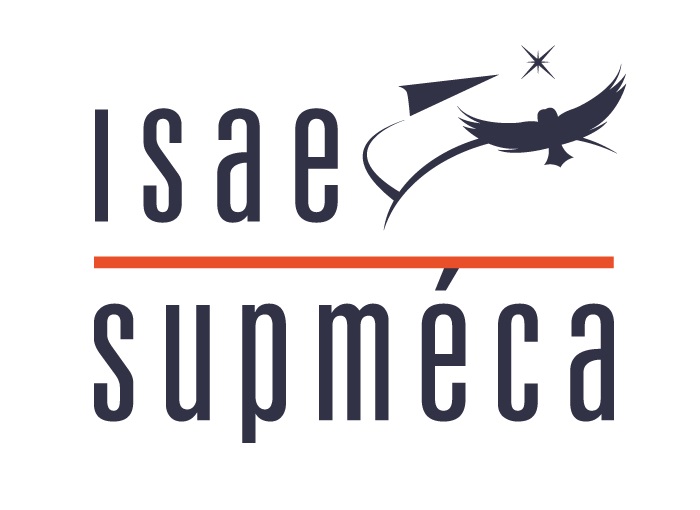OBSOLESCENCE ENGINEERING
The massive introduction of complex technologies in systems makes them potentially very sensitive to obsolescence. The obsolescence of a component/ technology automatically increases the operational risks of systems insofar as any action to retrofit and upgrade it becomes difficult if not impossible. All the actors of the value chain, as well as consumers, are vulnerable to functional risks (non-performance of the functions expected) and non-functional risks (degraded performance) due to obsolescence. The solution of the problems raised by obsolescence can lead to industrial risks associated with high costs. The challenges can be structured in two dimensions :
- Problem-posing.
Previous works described the phenomenon of obsolescence as essentially a problem linked to the non-availability or non-suitability of components (SD-22,2016), (NATO,2001), (Feldman and Sandborn,2007). However, there are no models associated with situation. The works planned for this action should lead to proposing a data model by relying on systems engineering concepts in order to define the different types of obsolescence and rarefaction (Zolghadri et al.,2020).
- Problem-solving.
Reactive obsolescence management methods are clearly defined in reports and Guide Books such as (SD-22,2016), (ISO 62404) and (Bartles et al.,2012), although problems remain to be solved, like the long-term storage of components. Promising areas of investigation point to proactive and strategic methods (Sandborn,2013).
The paths of research that we have identified are therefore :
-Reactive management :
- Long-term storage of electronic components. [Boissie,2019]
- The definition and estimation of the total costs of obsolescence management.
-Proactive management :
- Prediction of the degree of obsolescence. (Jennings et al.,2016), (Zolghadri et al.,2020) (PhD thesis by Mrs Imen Trabelsi in proress, Quartz-Supméca) ;
- Definition and estimation of risk (functional and degradation of performance) of exposure of a system to the obsolescence of components /functions/technologies. (PhD thesis by Mrs Sophia Salas, ISAE-Supaéro / Quartz-Supméca).
-Strategic management :
- (Re-)Design of systems resilient to obsolescence. (PhD theses by Mrs Sophia Salas, ISAE-Supaéro / Quartz-Supméca and Amel Soltane, Quartz-Supméca)
French Institute of Obsolescence
Driven by the observation according to which obsolescence and its impacts must be treated with the greatest care by linking it with academic research and with industrial practices, Kevin Boissié, Sid-Ali Addouche and Marc Zolghadri founded the “National Institute of Obsolescence” in December 2018. The IFO is a non-profit association.



